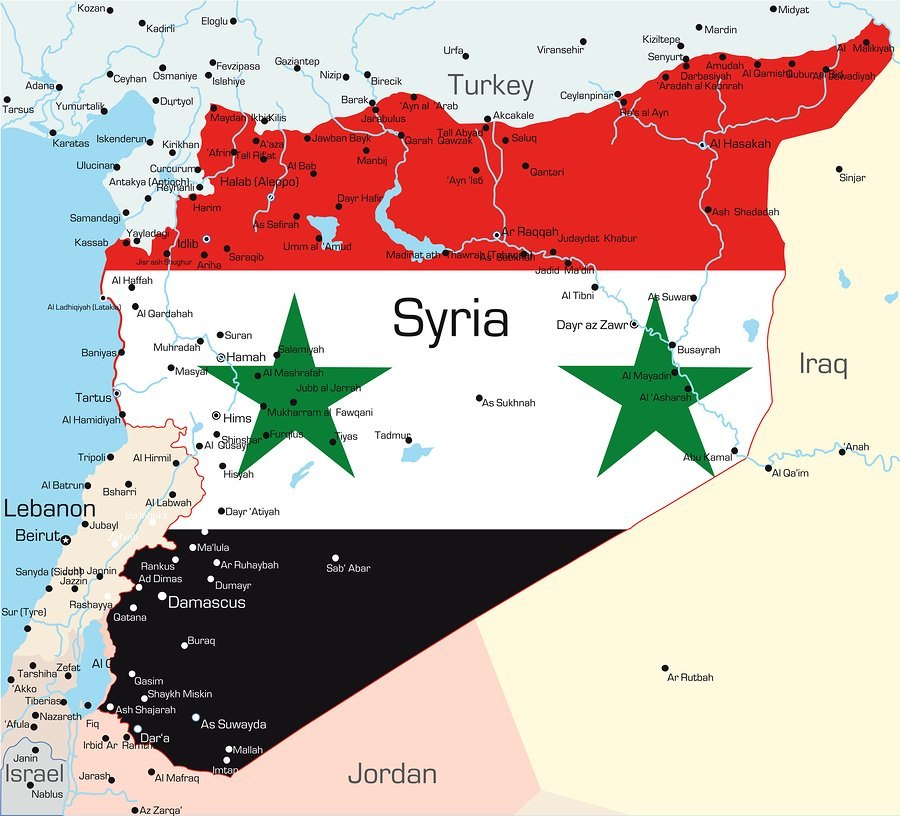
No End in Sight For Syria but Turkish Involvement Welcomed
On the 15th of March 2011, also known as “The Day of Rage” in Syria, activists called for the fall of the regime of President Bashar Assad. Now 20 months later the violence has escalated and conflicting messages from the media about what is happening in Syria are reaching the public. A YouGov Omnibus survey of 2260 respondents, conducted between 15-22 October 2012 examines the views of KSA (n=1015), UAE (n=1015) and Syrian respondents (n=230) on events in Syria and the potential outcome.
- 21% of respondents state “it’s somewhat likely” the conflict will end by the end of 2012 but the majority think it will take longer with 36% of respondents saying “it’s not so likely” and another 20% saying “it is not likely at all”.
- 61% of respondents believe the majority of the population is against President Assad and his regime while 30% believe the population is evenly divided between the regime’s supporters and those against the regime and President Assad.
- 62% of respondents believe that there will be no end to the violence in Syria until President Assad steps down.
After 20 months of Syrian civil war, the demand for involvement of international governments and institutions is clear 62% of respondents believe that the situation in Syria calls for even greater international involvement. However, respondents believe that the UN (35%), The Arab League (37%) and the United States of America (27%) have had no real impact on the situation; but Turkey’s role is viewed to have a somewhat positive impact by 29% of respondents. Respondents are particularly negative towards Iranian involvement and 38% of respondents state their involvement will have very negative impact on the situation. While some may be worried of extremist organizations such as Al Qaeda’s involvement in Syria (39%) almost a third (30%) do not view this as a concern.
Security (67%), forming a democratically elected government (56%)and reducing sectarian violence (44%) are believed to be the main priorities for the improvement of Syria’s future. Improving health care, education and increasing women’s rights seem to be at the back end of the priority list as only 14%, 16% and 6% of respondents believe these social issues are priorities that will improve Syria’s future.
Next week YouGov examines respondents’ views on the media coverage of the Syrian civil war.